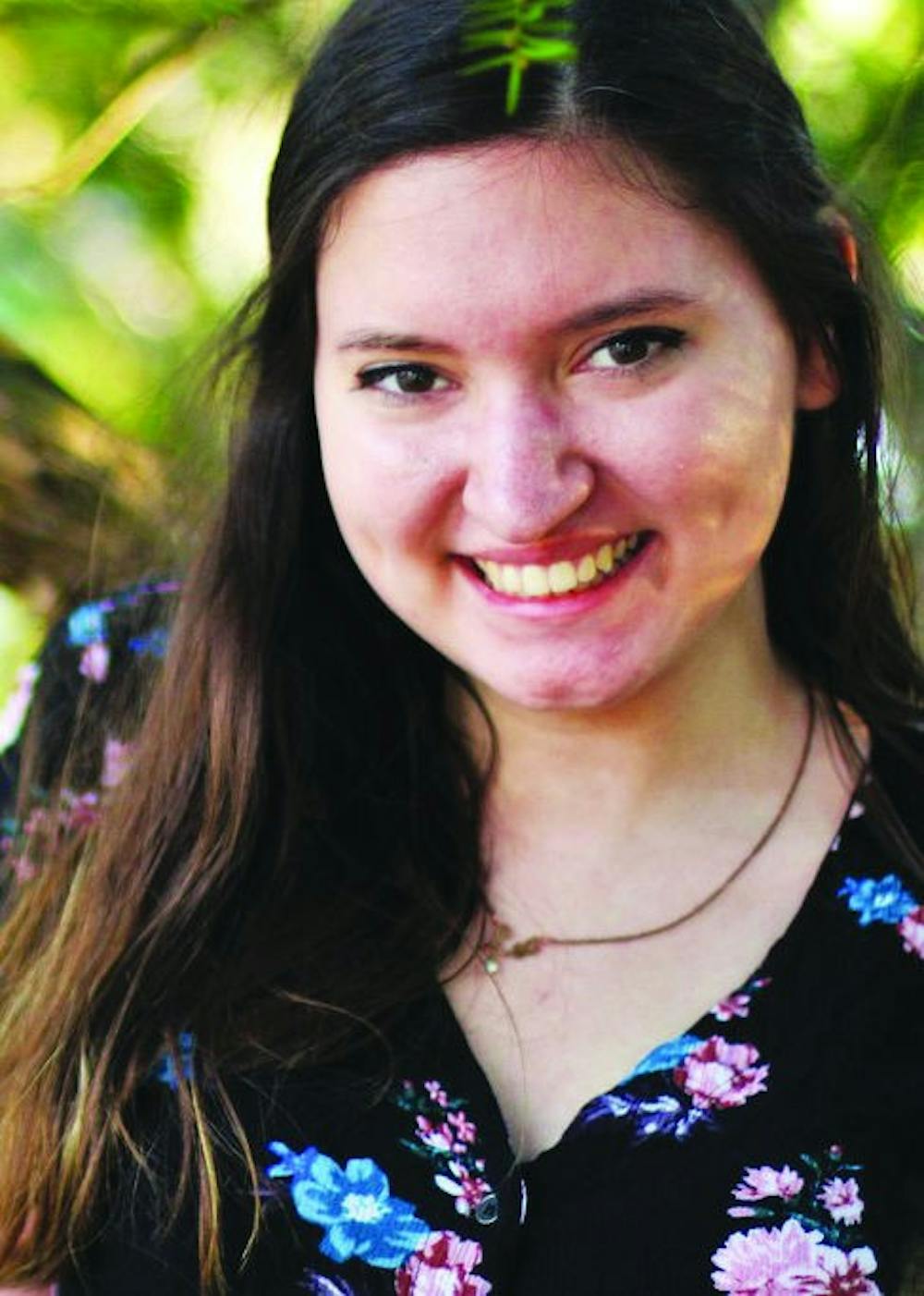Columnist Melanie Umbaugh reflects on speaking Spanish, her second language, in Buenos Aires.
I have always been a fast talker. It’s something I pride myself on, although it tends to be annoying for the people talking to me. Point is, after spending my whole life being asked to slow down my rapid Valley girl-esque speech, it’s strange to be on the other end of that interaction. My Spanish is pretty passable, so I haven’t had a ridiculous amount of trouble with the usual day-to-day interactions in Spanish while in Argentina. A good portion of these interactions, however, do involve some lucky guesswork and more nodding in agreement to questions I didn’t totally understand.
On multiple occasions I have nodded with an emphatic “sí” after being asked a question, and then, when another exchange student I’m with asks me what was just said, I have to admit that I actually don’t know. Things have worked out pretty well considering this happens at least every other day.
When people aren’t speaking too quickly, I can keep up decently well, although I do talk more like a fourth grader than a National Merit scholar. There are a couple qualities to the Spanish dialect they speak here that I barely addressed in my previous Spanish classes that also have me responding to statements with a blank stare. Several grammatical rules I was taught do not apply here, so I have to relearn a few basics I thought I had down.
The other main hindrance to improving my Spanish is that a lot of Argentine people, upon realizing that I’m foreign — something that usually happens in the first minute of conversation — are eager to speak to me in English. I try to talk in Spanish as much as I can, but when you’re tired and confused and the Starbucks barista is so excited to talk in English with you (English that is much better than your Spanish), it’s pretty tempting. I try to insist on Spanish whenever possible, but if the going gets tough, I know people are just trying to make it easier on me by speaking in a way they think I’ll understand better.
{{tncms-asset app="editorial" id="f3d57e72-d402-11e5-8d07-17bf643114c9"}}
Lately, I’ve been conducting a lot of these conversations in a mish-mash of English and Spanish. Or if I don’t immediately respond to something said in Spanish, the switch to English comes when they think I don’t understand when really it’s that the music is blasting and I can’t hear anything, regardless of the language. Other times, the person pegs that I speak English, but doesn’t know the language themselves so we both awkwardly repeat what we said before until we each more or less understand.
It’s sweet that people are excited to speak English with me, and they always want to know where I’m from — except St. Louis isn’t exactly known internationally, so I just keep telling people I'm from “near Chicago” which isn’t wrong, but also isn’t that accurate.
Overall, everyone has been incredibly patient with my baby Spanish, and my combination of Spanish, English and emphatic hand gestures have worked well enough to prevent horrible miscommunications. I’m hoping to move on to more substantial Spanish conversations now, but my ultimate language goal is to learn to talk as rapidly in Spanish as I can in English. A lofty goal, but I am very determined.
Melanie Umbaugh is a sophomore studying theater who is studying in Buenos Aires this semester. Have you tried to speak a second language in another country? Email her at mu495313@ohio.edu.






